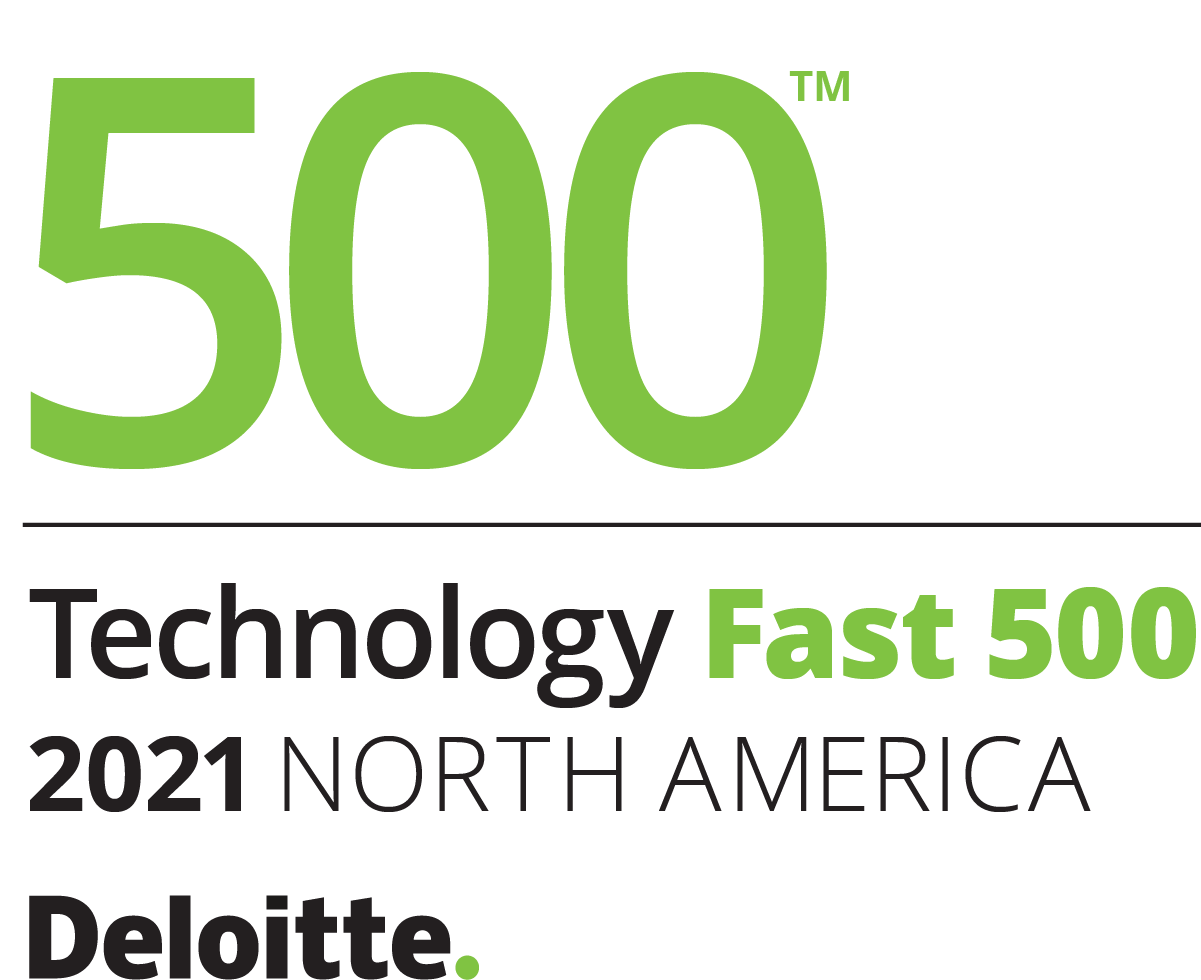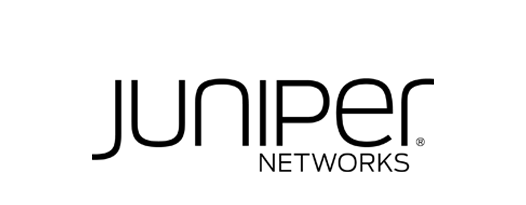Judy Dutton, Head of Talent Management at Juniper Networks discusses how alignment, accountability and a data driven approach to people development empowers employees and keeps them focused on the work that matters.
WorkBoard: The global pandemic hit just a couple months into your decision to adopt the WorkBoard platform. How did the disruption of the pandemic impact your OKR initiative?
Judy Dutton, Head of Talent Management at Juniper Networks: Our company is in a transformation like so many companies globally and we have to empower the change within our own mindsets and our own behaviors. The work that we’ve done to focus on alignment, accountability and empowerment through the COVID crisis, has absolutely galvanized us to make sure that we are better aligned and providing better support globally to our customers and employees.
The leadership team set a goal to ultimately get all our employees using and understanding WorkBoard, and as of October — and this is something that we are super, super proud of — we can say 100% of all of our employees are now using WorkBoard.
How did you begin building the momentum for using OKRs to reach that milestone?
We started off with support and buy-in at the very, very top. The WorkBoard team joined our CEO staff last December to help our executive leadership team reach alignment on our initial OKRs and coach them through those important, but difficult conversations.
In January, we had two different leadership forums with our VP population to introduce them to OKRs. The prospect of setting high level goals for our organization wasn’t new, but this language and method for reaching them was. A couple weeks later we held a second session with the VPs at a leadership summit, where we started that conversation around alignment and accountability. Then, we took the whole next level of leadership teams — about 100 teams — through understanding OKRs at an event in Las Vegas where WorkBoard’s CEO facilitated a session for us.
In parallel, we were preparing ways for everyone to align on using OKRs. We considered questions such as: How does this fit within our current practices? What’s the mindset shift we need to change? How do we start to get 1,500 people managers globally, and 9,500 employees to understand it, and to adopt it, and to really build it as part of their muscle?
Employee confidence in our strategy rose 18% and motivation to achieve it rose 13% in just 2 quarters.
How did the leadership team choose to focus on alignment and accountability?
We knew that with the leaders we needed to start with a mindset shift, a focus on alignment and accountability before we introduced them to even how the OKRs work. That’s the true work of leading. We believed that alignment and accountability could give Juniper a competitive advantage.
This started a dialogue among our VPs across teams about what accountability and alignment look like and what some of the barriers are to achieving both. We continue to prompt these conversations among our vice presidents throughout the year and they are learning as much or more from each other than they had previously.
One of the tenets of the OKR methodology is to unlink the objectives from compensation. As an HR leader, how do you ensure OKRs are separate from performance management?
People had equated performance conversations mostly with compensation and less with personal development. We now decouple them. We still hold twice- annual compensation discussions, but now every manager is expected to have a quarterly conversation with their employees around their personal OKRs, which are development focused.
Team OKRs articulate the best possible results the team is working on, and drive our overall company performance at scale. Personal OKRs are how the individual will build the skills and capabilities to deliver those business results.
Both come together to drive our overall company performance at scale. The team sets their OKRs, they have a weekly OKR calibration, asking “how are we doing?” and they conduct a quarterly retrospective The platform provides managers data at their fingertips to inform a constructive and objective discussion about the employees performance, and a reset on their personal OKRs.
The flexibility of the WorkBoard platform allows organizations to customize their experience to fit their needs and company culture. What tools and results rituals did Juniper build into the journey?
The OKR process is predicated on a really important leadership manager skill - manager as a coach. Teaching managers to be coaches focuses on three key skills: listening to your employees and observing with curiosity; asking powerful questions; and creating accountability.
The WorkBoard team helped us design a new conversation starter widget that we push out to the organization every quarter. It includes four focused questions for employees and managers to discuss during their quarterly OKR meetings.
“The work that we’ve done to focus on alignment, accountability and empowerment, has absolutely galvanized us to make sure that we are better aligned and providing better support globally to our customers and employees.”
How has WorkBoard’s technology changed the way you work?
One of the things I’m deeply proud of — particularly from a human resources perspective — is we’ve taken a strong data driven approach. This is a new and improving expertise for us, and I’m really excited that WorkBoard, along with our HR tools, enables us to do this.
As an example, with employees and managers taking notes in the WorkBoard tools, we acquire the data to understand the level at which employees and managers are participating in quarterly “conversation day” meetings about their contributions. At the start, we had about 65% of our managers and half of our employees attend the Workboard training to understand how we were changing where and how they documented their conversation days. In the first two quarters of using this new approach, we were delighted that we’ve had 50% of our managers and employees meeting quarterly to discuss performance over the quarter and to reset OKRs for the next 90 days. In 2019, we believe only about 17 % of managers held some type of regular performance conversation meeting. This is really strong progress. We’ve also had 72% of our employees create personal OKRs around their development, compared to, at best, 50% just a little more than a year earlier.
What are employees saying about this whole experience?
Nearly all our employees — 90 % — responded to our employee engagement survey in September. The responses showed a huge improvement in company confidence in our alignment, on working cross functionally and on meeting our commitments in terms of teams holding each other accountable, and clarity on priorities. Many employees now say that they see how their work contributes to the company strategy.
What’s next in 2021 for Juniper?
We need to continue to deepen our personal understanding, adoption and the value of personal OKRs to improve development. We need to continue to drive clarity on what is, and is not, personal performance. Above all, we want managers and employees to be having quality discussions. These should be meaningful, they should be improving the employee’s career and their engagement.
And finally, we want to continue to own it.
“Own it” is one of Juniper’s four objectives for the year.








